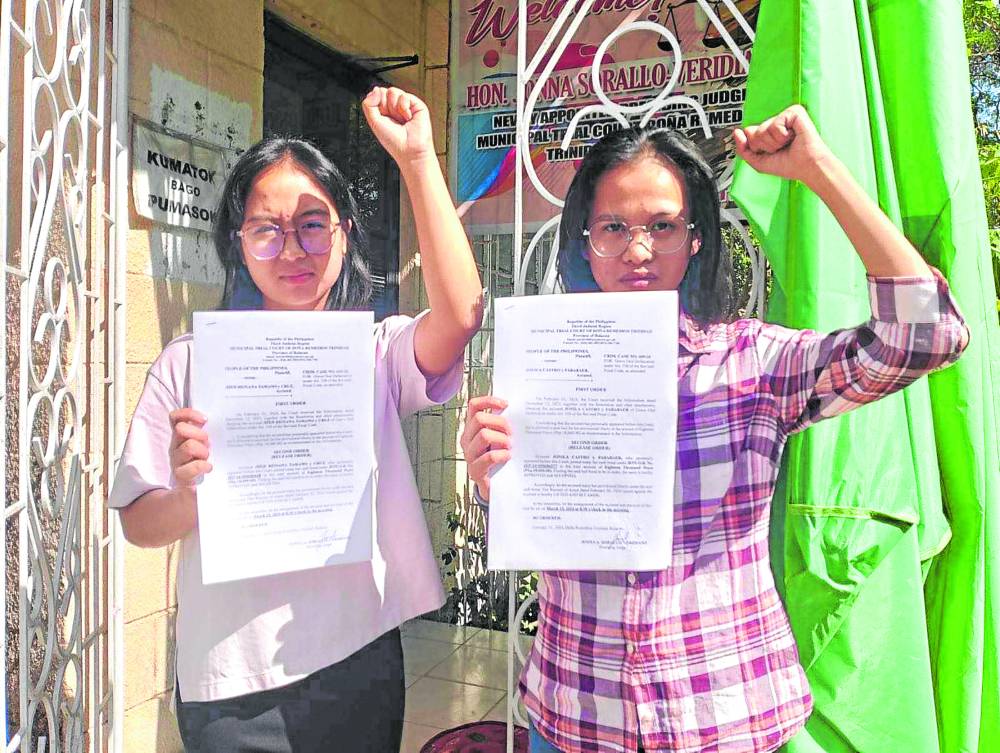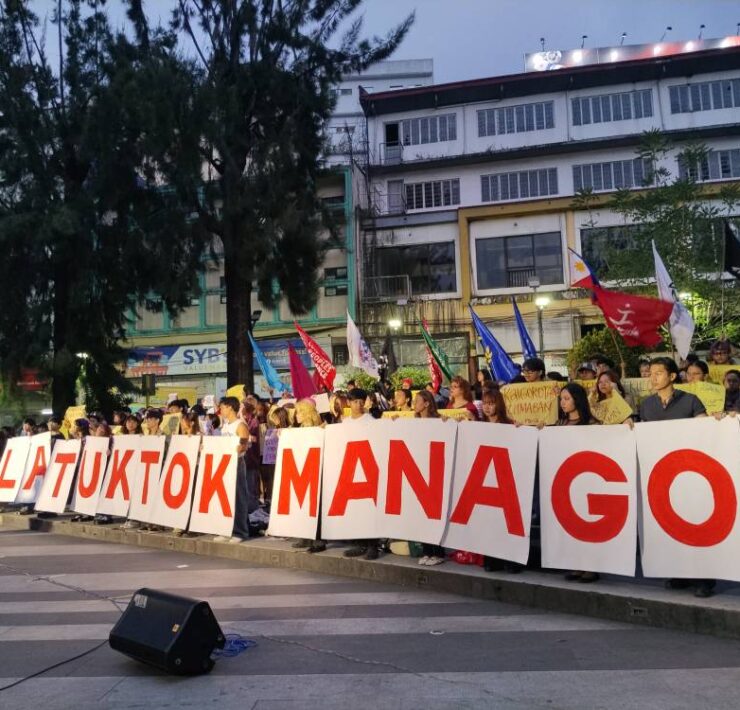CA order denying protective writs on 2 envi defenders invalidates claims of ‘systematic harassment’–Año

The allegation of “systematic harassment” against environmental defenders under the Marcos administration “is wholly without basis,” National Security Adviser Eduardo Año said on Friday.
He issued this statement after the Court of Appeals (CA) dismissed the motion for reconsideration filed by Jonila Castro and Jhed Reiyana Tamano for a permanent protection order.
The CA first denied the appeal of Castro and Tamano, citing that the petition did not prove the state’s involvement in their abduction, including the proof of a “continuing threat.”
Read: Protective writs activists filed vs abductors denied by CA
Año welcomed the appellate court’s decision, saying, “The alleged abduction is clearly without basis and is pure and simple propaganda to discredit the government.”
“The propaganda against the Marcos Jr. administration’s alleged policy of systematic harassment of environmental defenders is wholly without basis,” he said.
Castro and Tamano’s claims, he added, eventually fell apart after they were placed “under the burden of scrutiny and proof by unbiased 3rd party organizations.”
In February this year, the Supreme Court granted the petitions for the writs of amparo and habeas data of Castro and Tamano, and the high court ordered the CA to decide on their petition for a permanent protection order.
But the CA denied their petition, including their motion for reconsideration.
The writ of amparo protects individuals whose rights to life, liberty and security are threatened by unlawful acts of state authorities or private entities, while the writ of habeas data safeguards a person’s privacy from violations by those collecting or storing their personal information.

‘Speculative’
The two environmental activists have claimed that they were abducted by members of the Philippine Army and National Task Force to End Local Communist Armed Conflict in Orion, Bataan province in September last year.
But in its decision, the CA said that the “evidence to prove petitioners’ entitlement to the privilege of the amparo writ is largely speculative.”
“Absent proof of privacy interest in this case, petitioners cannot be said to have adduced substantial evidence in support of their petition,” the CA added.
It also dismissed claims for habeas data, stating that the two environmental activists did not specify the data allegedly held by the respondents, making relief under this writ unwarranted.
“On the basis of this finding, we believe that there is no longer any necessity to belabor the other elements of a habeas data writ,” it said.





















